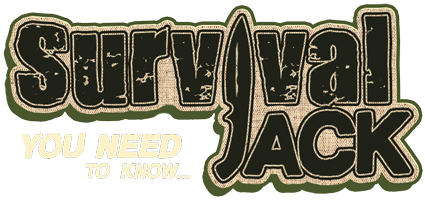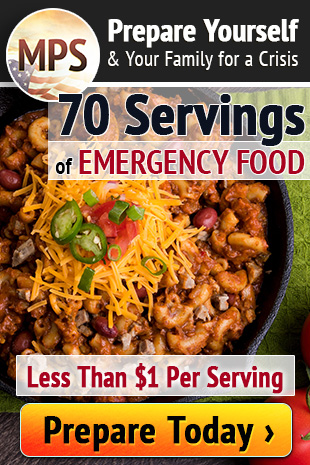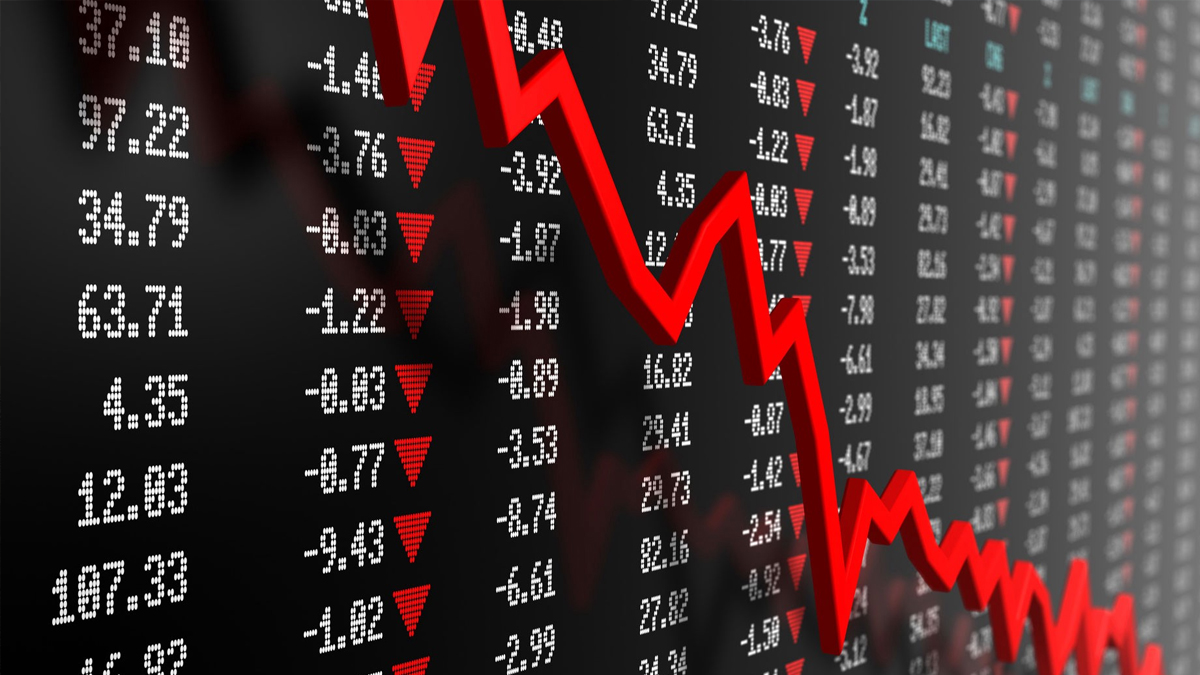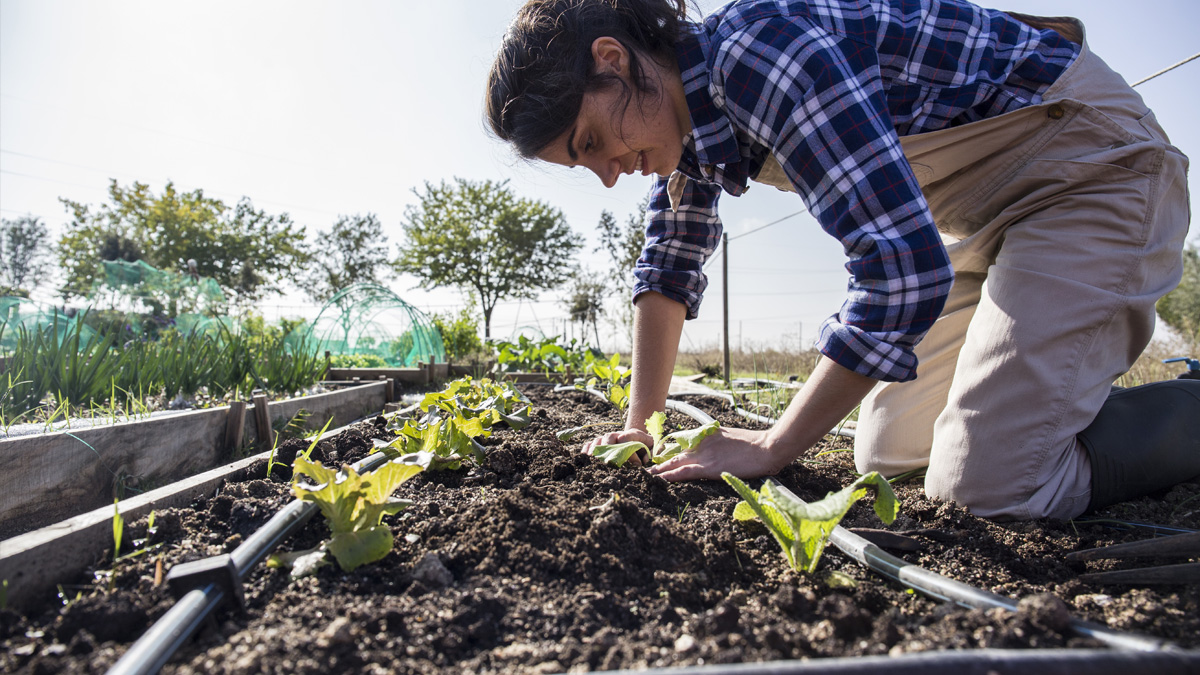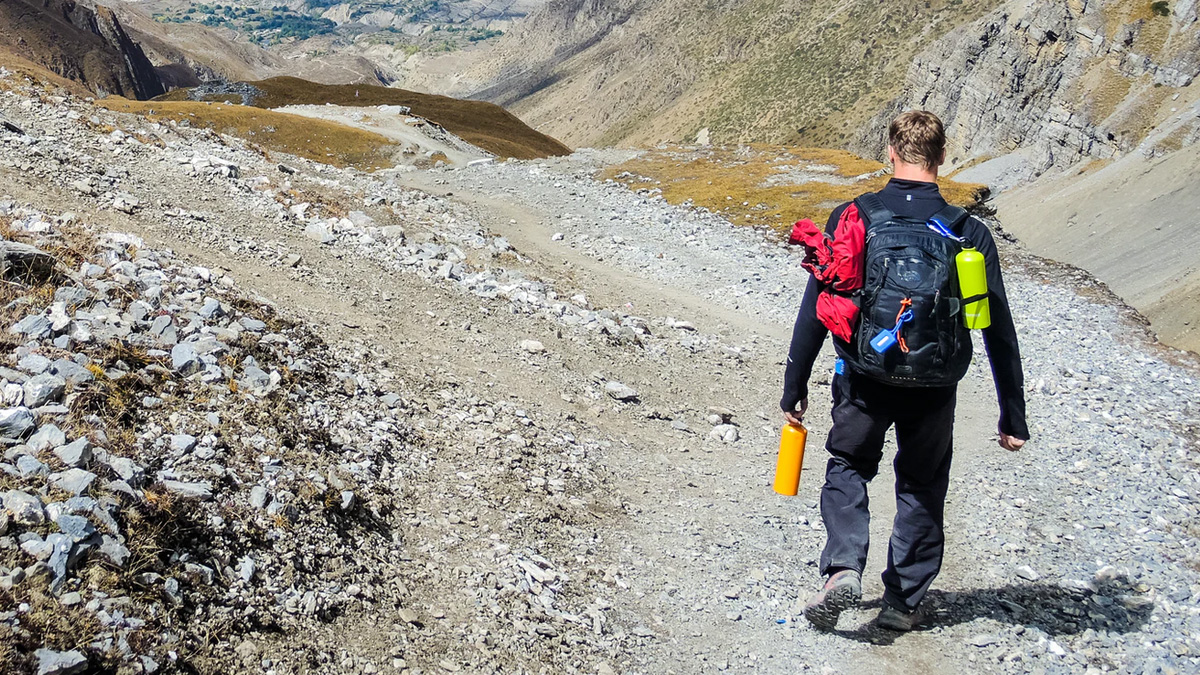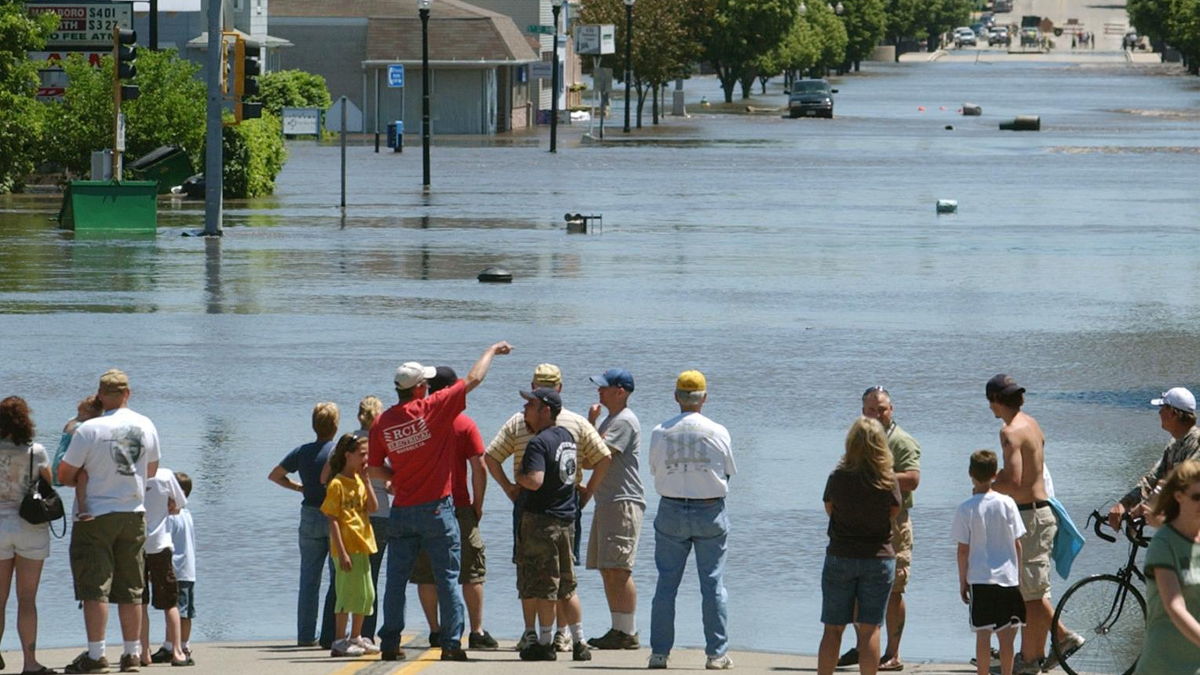on
An economic collapse is a breakdown of a national, regional, or territorial economy that typically follows a time of crisis. An economic collapse occurs at the onset of a severe version of an economic contraction, depression, or recession and can last any number of years depending on the severity or cause of the circumstances.
Hope for the best, prepare for the worst
So is there anything you can do to prepare your family to survive an economic collapse or recession? Yes! Whether it is a personal economic downturn due to sudden unemployment, or a national crisis there are things you can do to mitigate the impact on yourself and your loved ones.
- Stop thinking “it could never happen here”
- Stock the supplies necessary to sustain life
- Stockpile valuable tools
- Grow your own food
- Prepare to provide for yourself or do without
- Prepare to live with little or no electricity
- Strengthen your financial status
- Learn basic skills
- Build relationships
- Prepare to share
- Be ready to protect your family
- Maintain a current passport
It can happen here

By looking at recent history such as the war in Kosovo that started in February 1988 and lasted until June of 1999. According to the author of “The Dark Secrets of SHTF Survival: The Brutal Truth About Violence, Death, & Mayhem You Must Know to Survive” Selco Begovic, the food shortage was so severe in their city that the only reason they didn’t starve to death was because of the MRE drops from the US Forces. His book is a must-read for anyone living in the city. He also says that the people in the rural areas had an easier time because they were already growing their own food and raising livestock. After the war was over, several members of his family pooled their finances and purchased a small farm with a family member designated to run it so that if anything like this happened again in the future they would have a place to escape the city to get to.
Or take the well-known example of what has and continues to occur in Venezuela with their economy’s collapse due to hyperinflation. The Central Bank of Venezuela (BCV) officially estimates that the inflation rate increased to 53,798,500% between 2016 and April 2019. When food and supplies were available, the cost was often out of reach for most citizens.
Stock Supplies Necessary to Sustain Life
One of the very best ways to protect your family from economic swings is to have a healthy supply of food storage. In Venezuela, the prices doubled an average of every 19 days. It doesn’t take long at that rate of inflation before a loaf of bread isn’t even a possibility. According to an article by BBC News,
“Venezuelans are going hungry. Of those questioned for the country’s annual living conditions survey (Encovi 2017), eight out of 10 said they were eating less because they did not have enough food at home. Six out of 10 said they had gone to bed hungry because they did not have the money to buy food.”
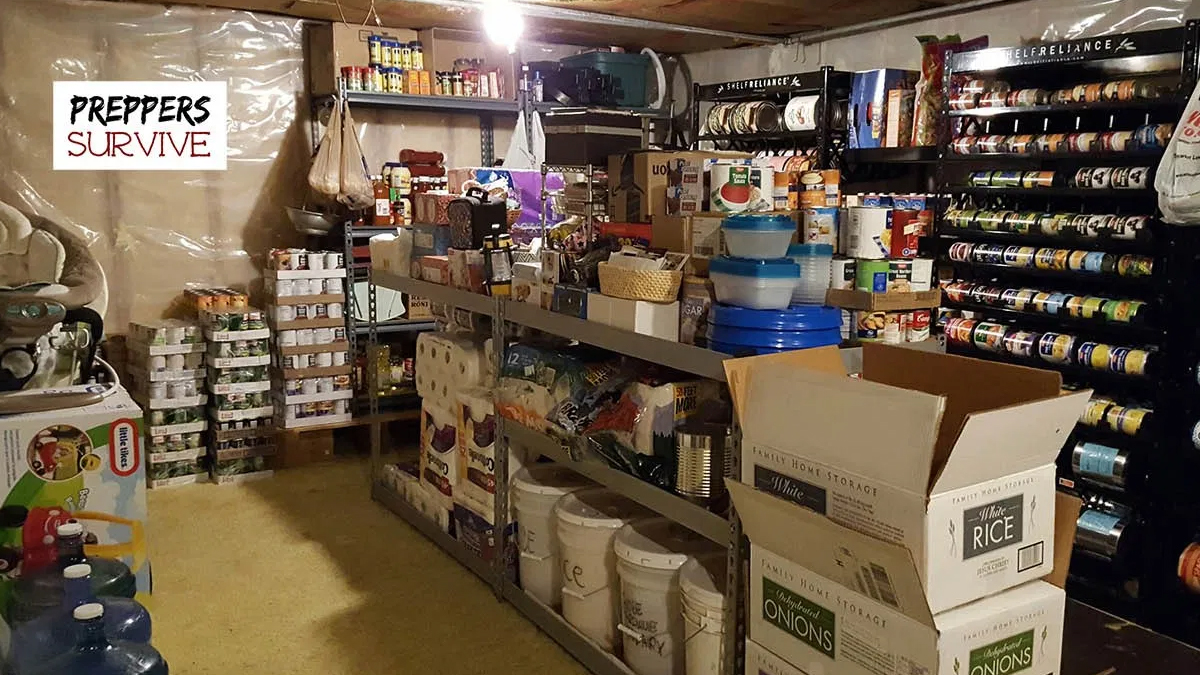
Storing at least a year or two of basic staple foods that can last for 25-30 years in storage can sustain your family during an economic challenge whether it is hyperinflation, loss of employment, food shortages or any other crisis. Basic staples like wheat, rice, oats, pasta, beans, sugar, and dehydrated or freeze-dried foods specifically packaged for long term storage are great options. For specifically packaged long-term food storage, we recommend My Patriot Supply, Emergency Essentials, and Augason Farms. We have purchased from all three, as they all have something slightly different to offer.
A supply of short term shelf-stable foods that you use every day will help minimize the impact when you are unable to shop at the grocery store as you normally do. We call this short term food storage because while these foods are shelf-stable, they will not store for 25-30 years like the long term staples will. It is important to have both to successfully protect against hunger. These are the items you use frequently, organize and rotate so that you aren’t caught out if a storm keeps you from making a “quick run” to the store for some forgotten item. Having this pantry up will also save you money as fewer trips to the store means fewer impulse purchases.
Food storage takes space and money but it is an incredibly wise investment!
Subscribe for FREE to Continue Reading
Subscribe for FREE to get access to all of our premium content and get an email when new content is added.
The purpose of this blog is to present preparedness ideas for those that are brand new to the idea of being prepared for various disasters. We will also provide information for experienced ‘preppers’.
Get access to premium content and more!

